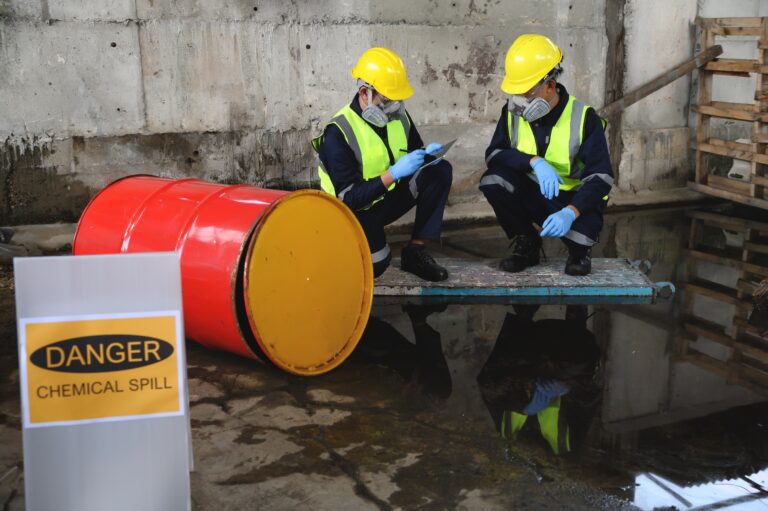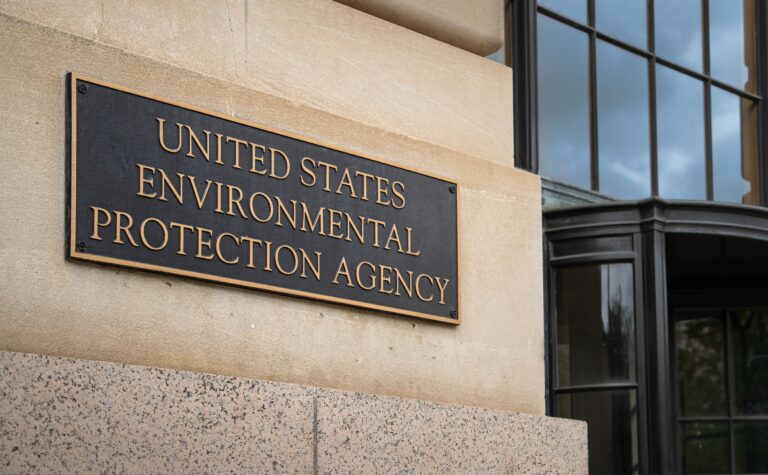
Creating a Strategic Approach to Fluid Management Services
June 26, 2025
This entry explores management requirements for hazardous waste fluid: its handling, collection, transportation, treatment, recycling, and disposal. Q&As include: […]
Continue reading








